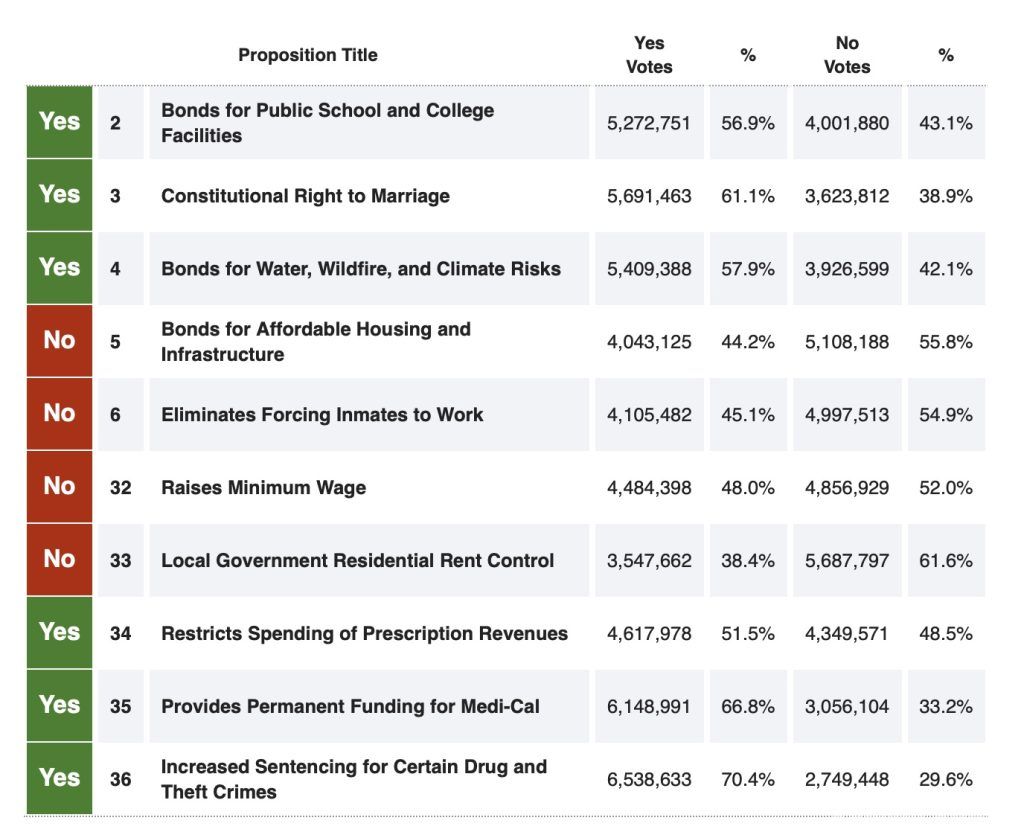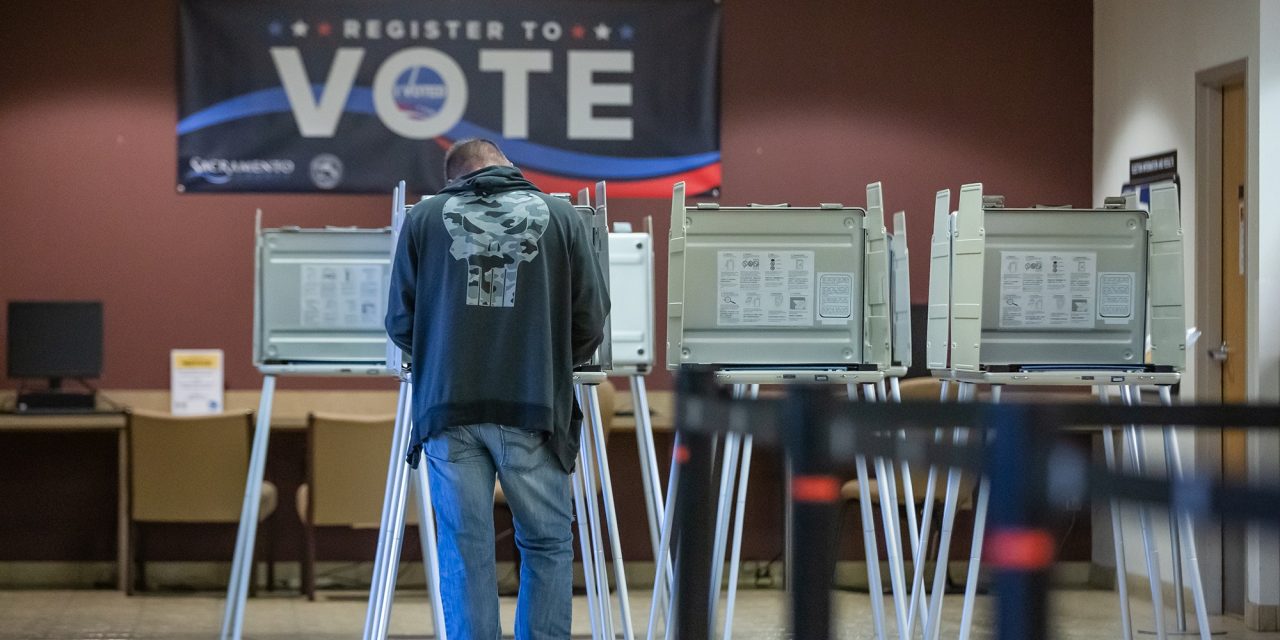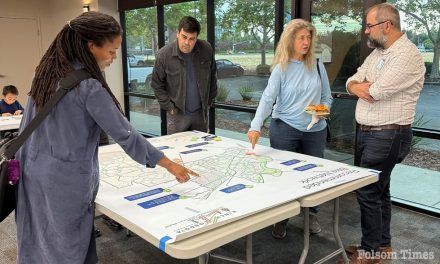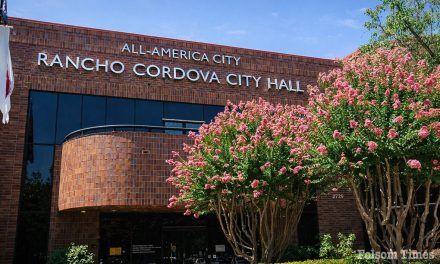In Tuesday’s election, California voters faced a series of significant ballot propositions that could shape the future of the state in areas ranging from education to healthcare, housing, labor, and environmental protection. Results reveal a mix of support and skepticism across various measures, showing where voters stand on key issues affecting California’s future.
Several propositions received clear support in early results, particularly those focused on education, marriage equality, climate resilience, healthcare funding, and criminal sentencing. Folsom Times takes a quick look at what appears to be passing and what appears will not be passing as of Wednesday morning.
Criminal Sentencing Reforms
Proposition 36, which proposes increased sentencing for certain drug and theft offenses, passed by a wide margin, with 70.4% voting in favor. This measure marks a shift toward stricter criminal penalties, reflecting the public’s concern over crime and a desire for tougher measures against repeat offenses involving specific drug and theft-related crimes. Supporters argue it will help reduce crime rates and deter offenders, while opponents raise concerns about the potential impact on prison populations.
Education, Marriage Rights, and Environmental Resilience
Education and public infrastructure investments gained traction, withProposition 2, which authorizes billions in bonds for public school and college facility improvements, passing with 56.9% of the vote. The measure addresses the aging infrastructure in schools and aims to provide students and educators with updated, safe environments conducive to learning.
Marriage equality was another issue with strong voter support.Proposition 3, which formally establishes a constitutional right to marriage in California, passed with 61.1%. This decision solidifies the rights of all couples to marry, regardless of gender, as a constitutional matter, reflecting California’s continued progressive stance on marriage rights.
Environmental and climate-related priorities also struck a chord with voters.Proposition 4, which directs funding toward water conservation, wildfire management, and other climate risk mitigation projects, received 57.9% approval. With ongoing drought conditions and frequent wildfires, Proposition 4 aligns with California’s commitment to tackling climate-related issues and preserving natural resources for future generations.
Healthcare Initiatives
Healthcare initiatives saw mixed results but generally performed well.Proposition 34, which restricts the use of revenue generated from prescription drug sales, passed narrowly at 51.5%. This measure is designed to ensure that funds derived from prescriptions are allocated transparently, potentially to reduce drug costs and support state healthcare programs.
In a decisive victory for public health,Proposition 35, which guarantees permanent funding for Medi-Cal, received overwhelming support with 66.8% of the vote. Medi-Cal, California’s Medicaid program, provides essential healthcare services to low-income individuals and families. Proposition 35’s success demonstrates strong public support for the state’s commitment to maintaining and expanding access to healthcare for vulnerable populations.
Rejected Measures: Housing, Labor, and Economic Policies
Despite the approval of several high-profile measures, a number of proposals did not garner enough support, particularly in housing, labor rights, and wage increases.
Proposition 5, which proposed bonds to finance affordable housing and infrastructure projects, was rejected by 55.8%. Though California faces a well-documented housing crisis, voters were hesitant to increase state borrowing for housing projects, possibly due to concerns about the state’s debt load or the effectiveness of bond-funded solutions to address affordability.
Proposition 6, which aimed to eliminate mandatory inmate labor in the state’s prison system, was also defeated, with 54.9% voting against it. Supporters of the measure argued that mandatory inmate labor perpetuates economic injustice, while opponents believed that eliminating it could lead to increased costs for the state’s correctional system.
Minimum wage policies met with resistance as well.Proposition 32, which proposed raising the state minimum wage, narrowly failed with 52% voting no. Although California already has one of the highest minimum wages in the nation, proponents argued the increase was necessary to address rising living costs. However, concerns about economic impact, particularly on small businesses, may have contributed to the measure’s defeat.
Finally,Proposition 33, which would have allowed local governments to implement rent control on residential properties, was soundly defeated, with 61.6% voting against it. Rent control has long been a contentious issue in California, with supporters advocating it as a means to protect tenants from skyrocketing rent prices. However, opponents argue it could discourage new housing developments and exacerbate the housing shortage, making it difficult for renters to find affordable housing options.
To keep up on updated results on the Folsom City Council race and other local elections, check our Folsom Times’ ongoing coverage of the vote count that began Tuesday night and continues byCLICKING HERE.
Statewide Measures updated results. Updated Nov. 6, 5:34 a.m. with 94.9% of precincts partially reporting.





